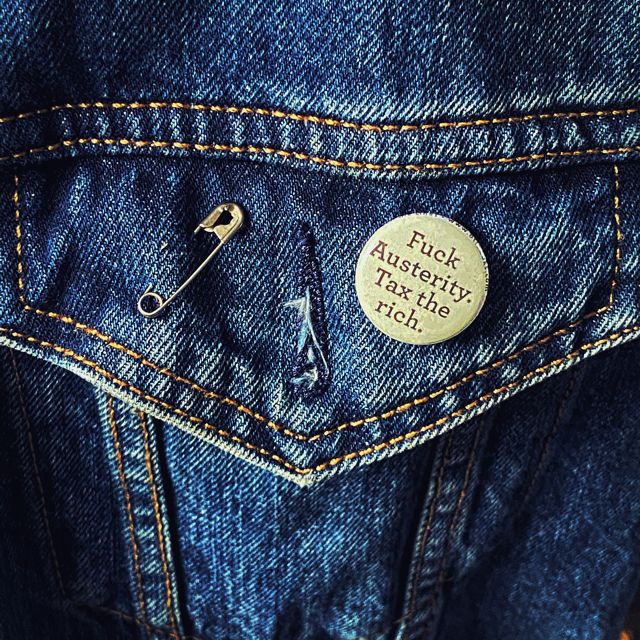We are living lives of debt and deficit in a global economy that has been devastated by an insidious disease, civil unrest, and political turmoil.
The cost of COVID-19, both in terms of dollars and souls, has yet to be realized, and in the midst of this pandemic we are having a federal election in Canada. The estimated cost of next Monday’s election is $610 million; that’s $108 million more than the election we had two years ago and surely (like most government expenditures) that estimate could rise.
After almost 20 months of pandemic spending, we have become accustomed to the high costs of running this country (it is expected of us) but we truly have to ask ourselves where they money is coming from.
As we know, increased government spending was necessary to keep this country’s economy moving. I have no problem whatsoever with the programs that were created as we initially moved into lockdown; in fact I applaud the current Liberal government for quickly loosening the purse strings and supporting this population (on so many levels). The pandemic spending was proposed, and carried, by a minority government supported by opposing parties
This election is untimely, the fourth federal election in 10 years, especially since Canada is well into the fourth wave of COVID and cases are once again climbing. It’s not really a good time, especially as government initiatives were largely moving ahead of, or moving past, partisan politics.
So now we have to choose, again, which party to support and live with the greatest likelihood of another minority government. Our next government will have its hands held to the fire as we, presumably, at some point, will enter a period of COVID recovery.
It will cost a lot more money to get our heads above water, particularly as Canada’s net debt as of last April went over $1 trillion for the first time ever. The deficit announced for 2020-21 was $354.2 billion. The largest deficit Canada has ever posted was $55 billion in 2009 (and don’t we all remember the 2008 financial crisis?) The projected deficit for the current fiscal year is $154.7 and, as I said a few paragraphs up, ‘most government expenditures” could surely swell up.
So we know the taxpayer in on the hook, but how will this be managed? More importantly, which political party will manage it best?
Aside from the left or right wing ideologies, some parties are abhorrently opposed to running deficits (but still do), while others are more tax-and-spend. Then there are those who will cut spending for the sake of cutting.
Cutting spending is not the answer. Given the platforms of the major parties, it is acknowledged that any government will have to spend its way out of this pandemic and do what it can to stimulate growth and encourage consumer spending and, hopefully, job recovery.
To continue to fund its efforts, governments will have to go easy on the low and middle-class (which, it seems, proportionately becomes the greatest tax base). It is time to tax both high-earning Canadians, the ultra-rich, and big corporations to ensure they pay what is now deemed as fair.
This is not the time for austerity. Tax those who are able to pay because a lot of us, quite simply, are not.

Leave a Reply